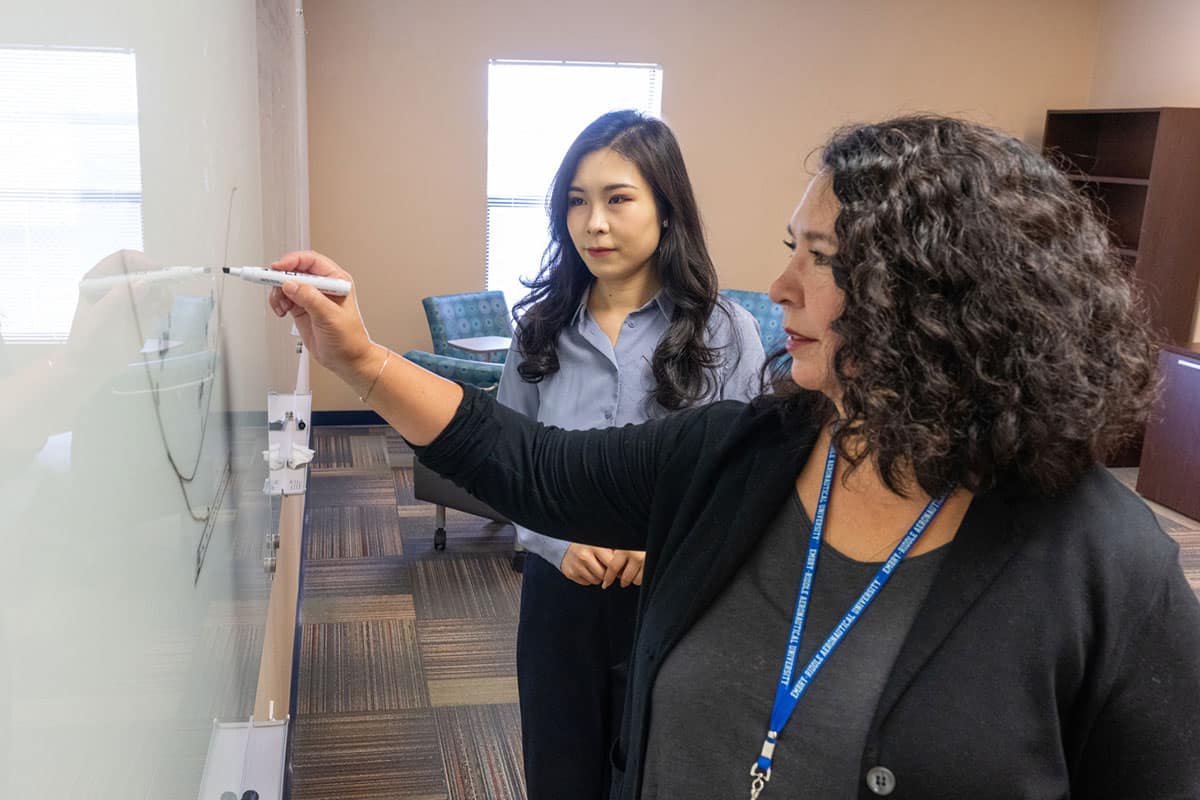We study “cognition in the wild,” researching what real people do when they perform real-world cognitive work in complex sociotechnical systems, particularly in the field of aviation. We transition our research findings into technical innovations that have practical operational impact.
Our research team collaborates with global experts, training providers, air carriers, and other aviation operators to both study, and develop enhancements to procedures, policies, training, and technologies for improved human and overall system performance.
We are unique in our ability to bridge cutting edge research with practical applications. We think differently and go beyond the conventional. We work on problems that not only expand our scientific knowledge, but also directly contribute to global aviation advancements.
Research areas
- Future Flight Training and Assessment: Developing criteria to effectively and objectively assess cognitive performance and designing training methods and programs that enhance performance and accelerate learning.
- Principled Procedure Design: Exploring ways to organize human activity to balance workload, direct attention, adapt to operational complexity, and to manage cognitive resources appropriately.
- Meaningful Human-Automation Relationships: Creating effective, understandable relations and interactions between people and complex, increasingly automated systems.
- Advanced Workload Metrics: Developing metrics to measure pilot workload during flight operations and identifying ways to manage cognitive workload for enhanced system performance.
Research Projects
- Cognitive performance training and assessment for Flight Path Management (FPM) and Crew Resource Management (CRM).
- Flight Deck Task Management.
- Advanced Air Mobility training needs analysis for Pilots and Maintainers.
- Comparative workload metrics for simulated and in-aircraft performance.
- Go-Around Safety, Procedures, and Training.
Publications
- Barbara Holder, Jennifer Thropp, Hui Wang. Final Technical Report Go-Around Safety: Procedures and Training, FAA Final Technical Report FAA-COE-HTTP-SA005, December 2023.
- Barbara Holder, Michael Dillard, Heather Naboshek, and Chris Reed. Go-Around Safety Program Phase 2: Recommendations and Validation Final Report. FAA Final Report 692M15-19-C-00006, August 2021.
- Barbara Holder, Stephen Whitlow, Michael Dillard, Chris Reed. Go-Around Safety Program Phase 1: Current go-around practices, decision making, risk assessment, and automation policy report. FAA Final Report 692M15-19-C-00006, July 2020.
- Barbara Holder, Alan Jacobsen, Mark Nikolic, and Stephen Whitlow. Flight Deck Task Management. FAA/VOLPE White Paper, December 2016. Report Number: DOT-VNTSC-FAA-17-09;DOT/FAA/TC-17/16; URL: https://rosap.ntl.bts.gov/view/dot/12455
Equipment
- Fixed-base flight simulator
- Functional Near-Infrared Spectroscopy (fNIRS) workload measurement headband
- Makerbot Sketch 3-D printers
- Empatica digital biomarker watches
People
- Barbara Holder, Ph.D. Director
- Jennifer Thropp, Ph.D. Faculty
- David Esser, Ph.D. Faculty
- John Robbins, Ph.D. Faculty
- Kiran Pushparaj, Ph.D. Postdoctoral Researcher
- Grant Marsh, M.S. Graduate Student Researcher
- Zizhou Li, B.S. Graduate Student Researcher
Lab Information
Location: Tomcat Building 121
Lab Director: Dr. Barbara Holder
Contact Us: To speak to someone about this lab or any of our facilities, call us at 386-226-6100 or 800-862-2416, or email DaytonaBeach@erau.edu.

